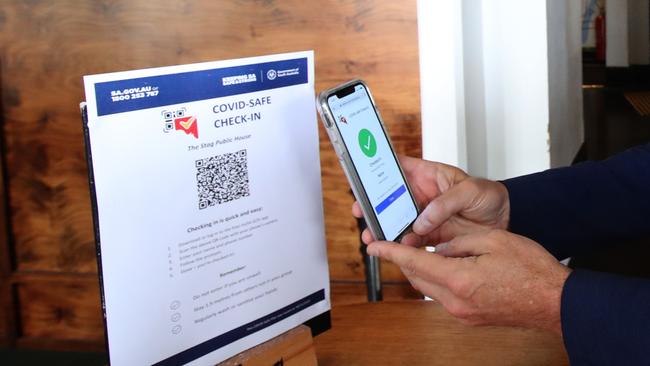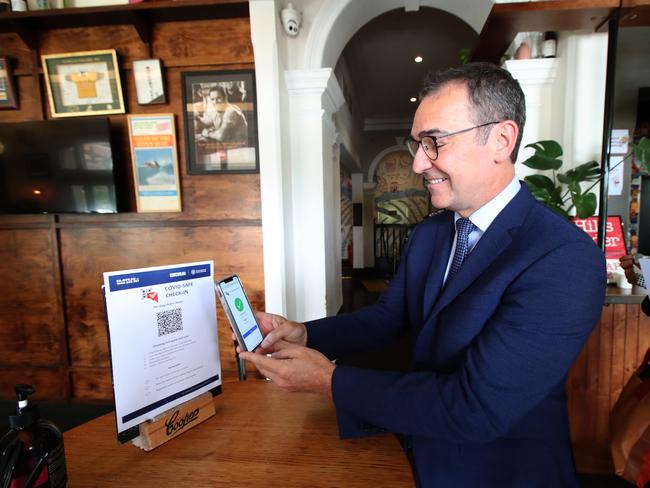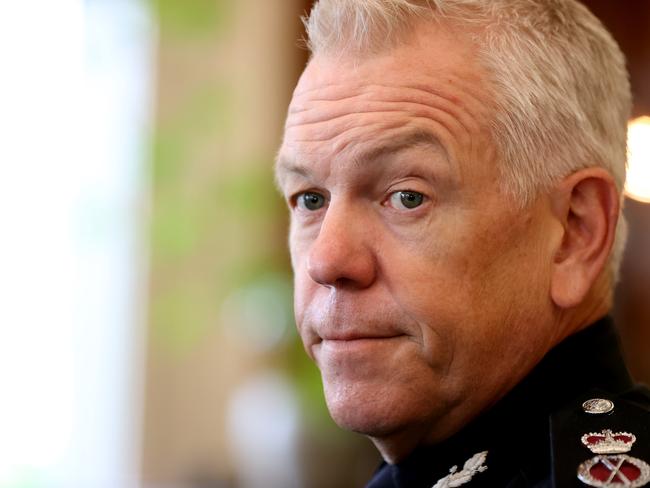South Australia’s COVID hotel quarantine rules tightened after concerns
One state is tightening its rules around hotel workers following serious concerns over COVID-19 leaks from facilities around the country.
South Australia is tightening its rules on hotel quarantine following serious concerns over COVID-19 leaks from facilities around the country.
The state’s new directions, announced just before 7pm on Tuesday, include a ban on hotel quarantine staff from entering high-risk settings including Aboriginal communities; aged care facilities; prisons; detention centres and healthcare facilities including hospitals, pharmacists and other clinics.
The workers will also have to submit to daily saliva testing except on the days when they undertake a PCR COVID-19 test.
The news comes just hours after Victorian Premier Daniel Andrews said the state was “actively pursuing” the construction of a purpose-built quarantine centre and experts called for Australia’s hotel quarantine program to be reformed following virus leaks.
Updates have been made to the COVID-19 Directions in South Australia. For information visit: https://t.co/STMHD8R1YM pic.twitter.com/fKG9fvP6qx
— South Australia Police (@SAPoliceNews) February 16, 2021
South Australia’s new directions, which will come into effect from 12.01am on Wednesday, also state that people travelling from Victoria are not permitted to enter residential aged care facilities until they have completed 14 days of quarantine.
The South Australian directions also include a crackdown on people and businesses that misuse contact tracing information from the state’s widespread QR code check-in system.
People entering a location displaying a code must provide contact details on arrival by scanning or manual entry. Any business collecting manual records must ensure that they are kept in a safe and secure place to minimise the risk of them being copied, photographed or used by an unauthorised person.
Police Commissioner Grant Stevens announced the crackdown earlier on Tuesday following the state’s Transition Committee meeting.

RELATED: ‘Admit One’ paper tickets handed out at airport
He said any individual found to be have misused contact tracing information would be fined $1000, while businesses would be fined $5000.
In cases where the offence is aggravated, police can choose to prosecute.
If the offence is pursued in court and a person or business found guilty, it would result in a fine of $25,000 for an individual or $75,000 for a body corporate.
This is the same punishment as any other offence under the Major Emergency Declaration.
Under SA rules, QR codes must be displayed at all businesses that require a COVID Safe Plan — including supermarkets, retail stores and gyms — as well as at private home gatherings where there are more than 50 people in attendance.
Paper sheets are also available at these locations for people who don’t have smartphones.
“There may be breaches where the owner or operator of a premises isn't keeping that (hand written) material in a sufficiently safe way and that may be better dealt with an expansion,” Mr Stevens said.

RELATED: Bid to rethink hotel quarantine
He said the change was “simply providing a mechanism where we make sure people are doing the right thing with this information”.
Mr Stevens said there are currently nearly 50,000 businesses that have an individual QR code.
“We have a reasonably high level of compliance but … there are plenty of occasions where we see people walking straight through the door without checking in and we’re reminding people to do the right thing.
“It’s for their interests and it’s in the interest of the broader community.”
There have been ongoing concerns within the public that the private information collected could be used for reasons other than contact tracing.
However, Mr Stevens has long stated that the information, which is stored in an encrypted format within the Department of Premier and Cabinet, would not be used for any other purpose.

Mr Stevens also said if Victoria lifted its lockdown on Wednesday, SA would revert back to allowing regional Victorians who had not been in the Greater Melbourne area for the past 14 days to enter freely.
He said the earliest SA would ease its border restrictions with Greater Melbourne would be on February 25 but was conditional.
“If they can meet that 14 day threshold of having no community transmission, then we’ll be a position to lift restrictions for the Greater Melbourne area and only require PCR on days one, five and 12 when they come into SA.”


